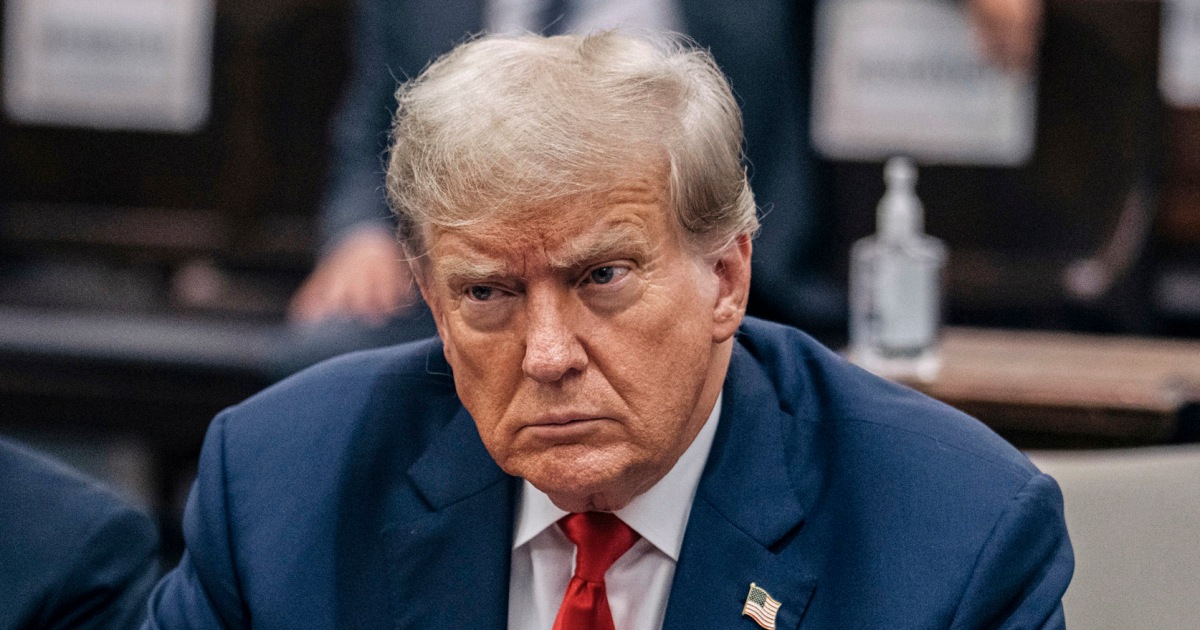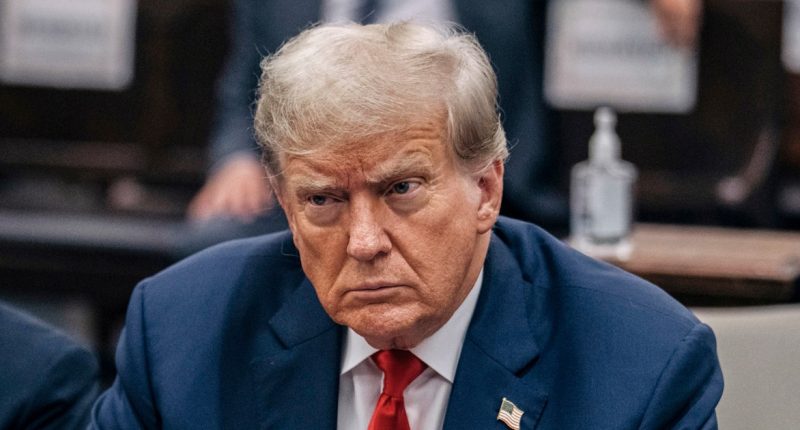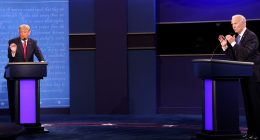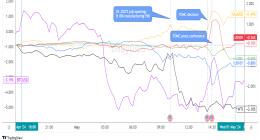
WASHINGTON — President Donald Trump on Thursday argued in a court filing that he should be shielded from prosecution in the 2020 election interference case because of presidential immunity, claiming his efforts to overturn his election loss and remain in the White House were at “the heart of his official responsibilities as President.”
Describing what prosecutors allege was a conspiracy to disenfranchise American voters as “efforts to ensure election integrity,” Trump’s legal team argued that special counsel Jack Smith’s team had “falsely” claimed that “President Trump’s motives were impure — that he purportedly ‘knew’ that the widespread reports of fraud and election irregularities were untrue.” Trump’s legal team said that “hundreds of years of history and tradition” make clear that the president’s motivations are not for prosecutors or judges to decide.
Trump’s actions “are within the ambit of his office, and he is absolutely immune from prosecution,” Trump’s lawyers wrote in the court filing, citing a 1982 Supreme Court decision that involved former President Richard Nixon.
Trump’s lawyers also argued that contemplating replacing the head of the Justice Department with Jeffrey Clark, a civil environmental lawyer who believed the 2020 election had been stolen via smart thermostats fell within his presidential duties.
“Deliberating about whether to replace the Acting Attorney General of the United States is also a core Presidential function,” they wrote.
Pressuring state officials to overturn the election — or “take steps to ensure the fairness and integrity of federal elections,” as Trump’s team put it — is also a core function of the presidency, they said. Trump had “the authority and obligation to communicate his concerns about alleged fraud in federal elections to the relevant state authorities — a function at the heart of the President’s constitutional role,” they argued.
“Ensuring the integrity of federal elections falls within the President’s official duty,” they wrote.
Trump was indicted by a federal grand jury in August on three counts related to his efforts to overturn the results of the 2020 election, including attempting to obstruct the electoral vote process, impeding congressional proceedings and conspiring to deprive Americans of their right to vote and have those votes counted. The federal indictment alleges that Trump conspired to “injure, oppress, threaten, and intimidate” Americans’ “right to vote, and to have one’s vote counted.”
Trump’s motion is the first in what is expected to be a series of motions to be filed before Judge Tanya Chutkan, who set an Oct. 9 deadline for such filings to be submitted. A trial date in the case is set for March, and Trump’s lawyers and prosecutors will square off in court on Oct. 16 over a narrow gag order proposed by Smith’s team intended to curtail what prosecutors called Trump’s “disparaging and inflammatory attacks.”
If Trump were to be successful in his effort to seek immunity, either by convincing Chutkan or an appellate court, the case would be dismissed and he would not have to stand trial. Courts generally limit what motions can be appealed before a trial takes place. But if Chutkan denies the motion to dismiss on presidential immunity grounds, Trump and his lawyers may seek an appeal before trial by arguing that allowing a trial to move forward would cause him irreversible damage.
As a core piece of the case, prosecutors have argued that Trump knew the election results were not fraudulent but argued otherwise in order to reverse his defeat in several key states.
But in their latest filing, Trump’s legal team argues that “the prosecution does not, and cannot, argue that President Trump’s efforts to ensure election integrity, and to advocate for the same, were outside the scope of his duties.”
The mere fact that Trump was president when he committed the acts charged in the indictment supports his immunity request, his defense team argued.
“Given the all-consuming nature of the Presidency, these facts alone strongly support the notion that the indictment is based solely on President Trump’s official acts,” they write.
Source: | This article originally belongs to Nbcnews.com










